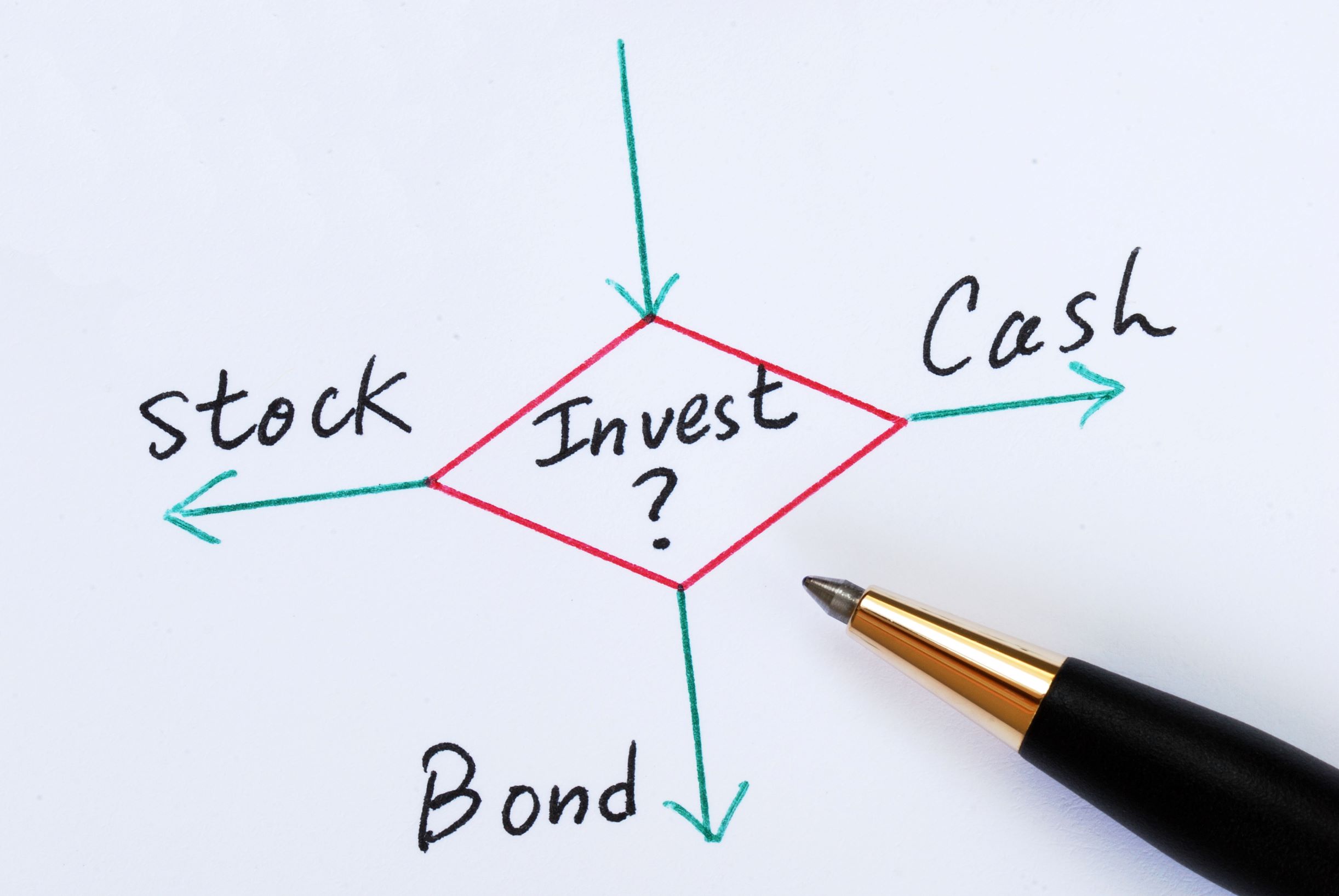The stock market, after eleven years of unprecedented growth, has officially transitioned into a bear market. A bear market is defined as market prices falling 20% or more from recent highs amid widespread pessimism and negative investor sentiment.
For individuals nearing retirement, this could not have happened at a worse possible time.
So, what do you do?
The answer is, it depends, and it can be complicated. Your net worth, how much money you have saved, whether you have other sources of income available, your timeline, your lifestyle, and your cash flow needs, all dictate how you need to position your investment portfolio.
For example, other sources of income might include social security, annuities, and a pension. If you don’t have these inflows, or if they are not enough to pay for your lifestyle, you’ll need to withdraw money from your investment portfolio to cover your cash flow needs.
However, regardless of your circumstances, don’t panic. Ride it out. Try not to obsess over the present state of your 401(k). History tells us that the market will reverse its losses.
Consider the following three scenarios for individuals nearing retirement:
- Abe has a sufficient amount of income coming from his pension, social security, annuities, and other sources. Based on his cost of living, he will not need to access his investment portfolio to live during what he believes could be a 25 to 30-year retirement. Therefore, his equity investments will be used for his heirs and/or charitable purposes. The bottom line: he can manage his portfolio taking a long-term, more aggressive approach.
- Rebecca will need to use some of her investments in retirement to cover her living expenses. Let’s assume she needs $100,000 and has $60,000 at her disposal. Rebecca will need to supplement that cash with another $40,000 from her investment portfolio. Assuming she has a well-diversified investment portfolio, she should have different buckets for equities (stocks), fixed income, and alternative investments/cash. The bottom line: There is no immediate urgency to cash out her equities since she can use her fixed income and alternative/cash buckets until the market rights itself.
- Charlie would like to retire in the next few years but has a limited amount of funds in his investment portfolio and has no other significant sources of income. He will need his entire portfolio to provide for his cash flow needs in retirement and cannot risk a downturn in the market. The bottom line: Charlie should remain invested, but work with an investment advisor to ensure his portfolio allocation is more conservative. Even being extremely cautious, he will likely need to find other ways to navigate his retirement, such as getting a part-time job, downsizing, or moving to a less expensive area of the country.
Are you wondering what to do if you are already retired and reliant on your investment portfolio to meet your ongoing needs? What if you are several years away from retirement, but in the accumulation phase of your life? Read my colleague’s article, “What to Do During Times of Extreme Market Volatility,” to learn more.
Regardless of which scenario you identify with, the worst thing you can do is panic. According to a study by Bloomberg, from 1998-2018, the S&P 500 averaged 7.32 percent growth annually. However, for an investor who missed the 10 best days during that time, annualized returns dropped to 3.78 percent. And, for the investor who missed the best 20 days of the Dow since 1945 – seven of which were in 2008 in the midst of the Great Recession – the return dropped further, to just 1.49 percent.
What this all means is that it’s impossible for anyone to time the market, which means you need to stay invested if you can.
Should you need any additional reminders, recall that during the worst days of the 2008-09 financial crisis, the Dow briefly dipped below 7,000. The market has tripled since then. In fact, going back to 1901, the annualized returns for the Dow Jones Industrial Average Index averages 11.6 percent. And when the market has dropped 20 to 30 percent – 2020 now marks the sixth time – it came back within an average length of time of 25 months.
So, even if you’re approaching retirement, sit down, take a deep breath, and remember that retirement is expected to last 20-30 years for many people (based on life expectancy). You’re in it for the long run.







